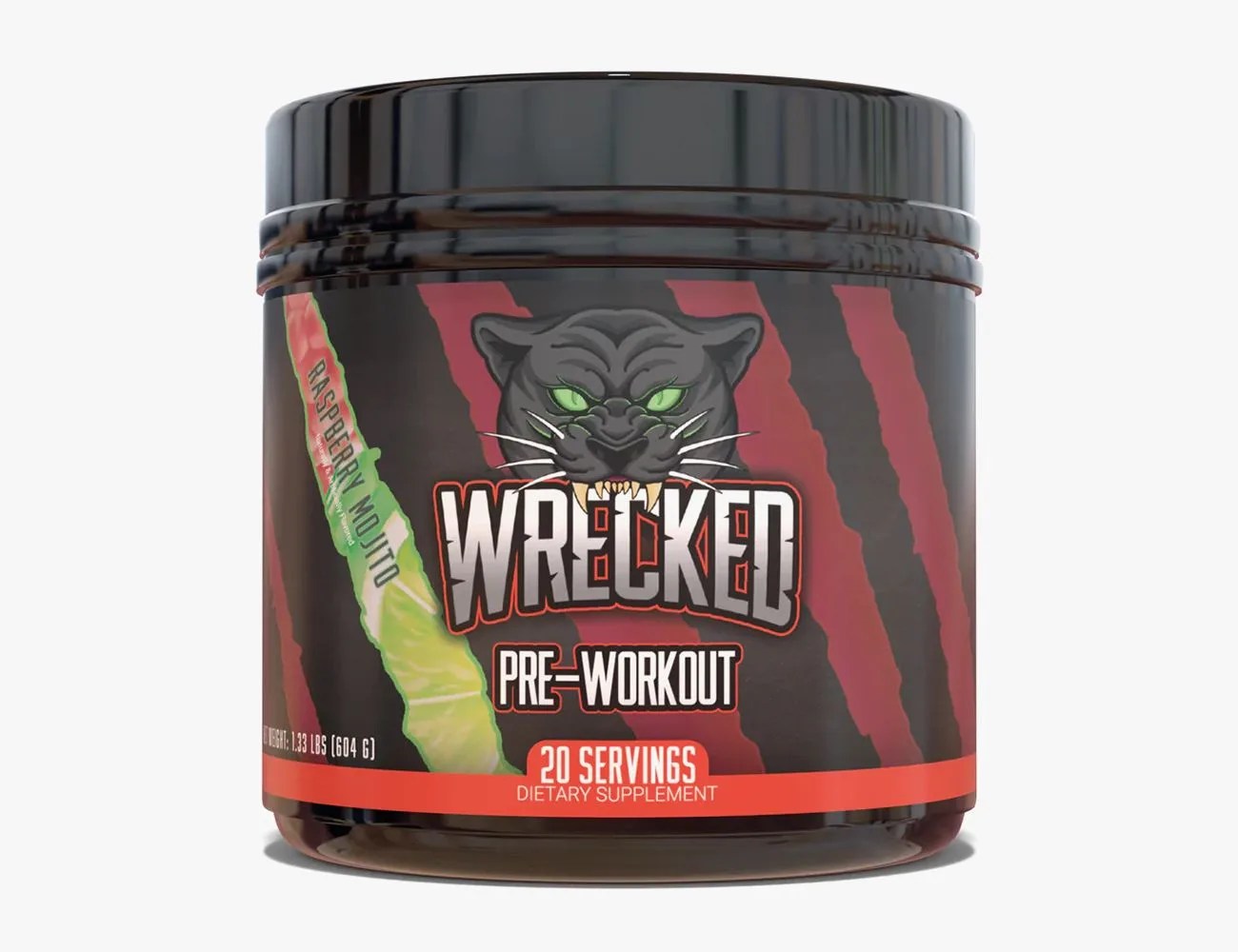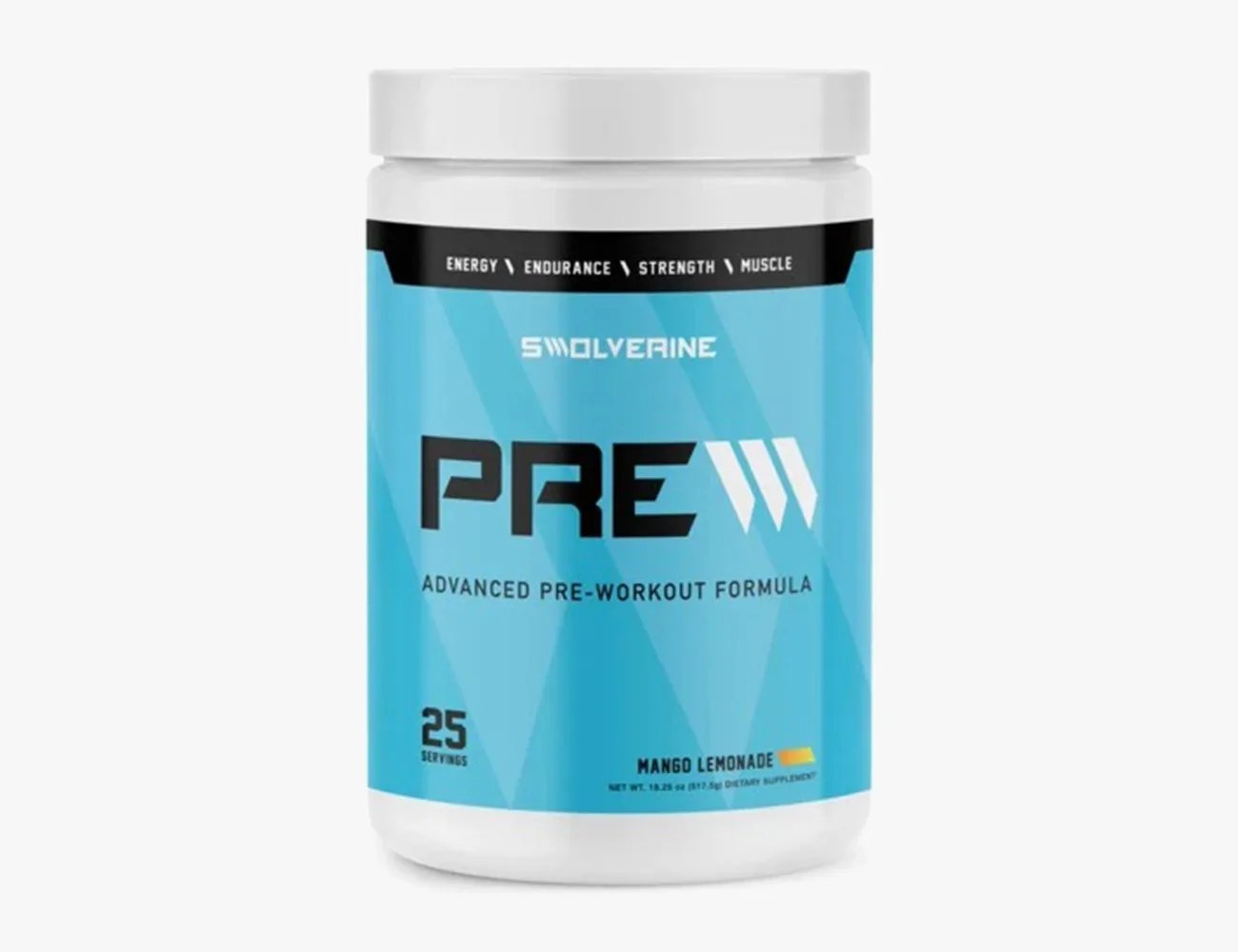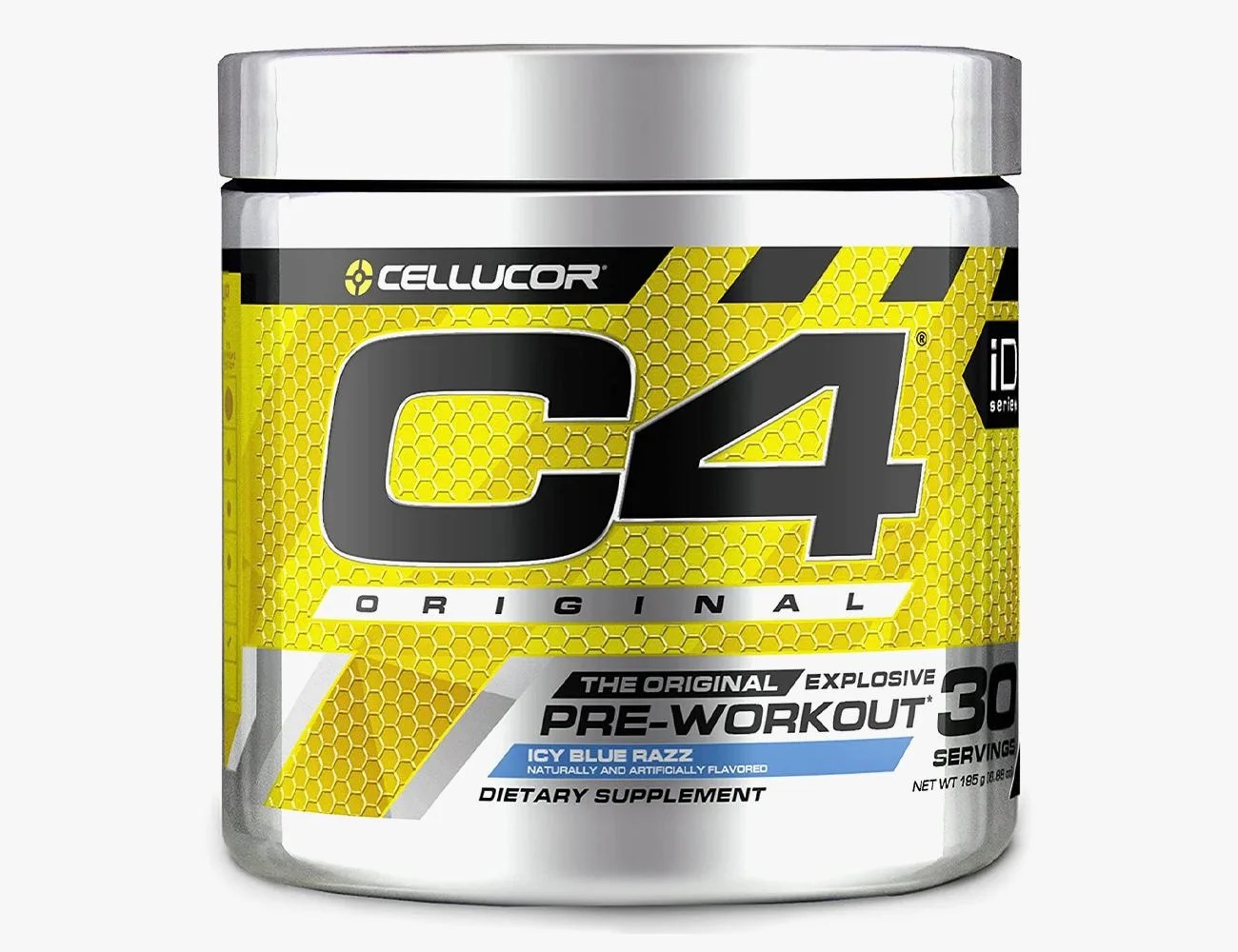We’ve all been there. After a grueling day at work, a long commute or a restless night of tossing and turning, you get to the gym or lace up for a workout and find your body’s fuel tank completely bone dry. With no energy to power through your session, what’s an athlete to do? Do you forgo the workout entirely, delaying your progress another 24 hours? Do you muscle up the courage and struggle through your exercises, knowing your performance will not be at its peak? Or do you mix up a quick shaker’s worth of pre-workout, feel your body come alive and blast off into your regimen with a full battery and laser-sharp focus?
Yeah, that’s what I thought.
As one of the most popular nutritional supplements on the market today, it’s hard not to be enticed by the power that pre-workouts can bring to your training. On paper, they seem like a cure-all for getting your physique ready for mind-blowing workouts, but is this an absolute necessity when it comes to your fitness journey? Can you maintain adequate energy levels for training without this magical, flavor-rich dust? What are some of the potential risks that come with relying on pre-workout as an energy source for in-gym or on-road progress?
Before we get the scoop on these inquiries, let’s take a closer look at what pre-workout actually is, and which ingredients you can expect to find across the varying mixes.
What Is Pre-Workout?
In general, pre-workouts are supplements designed to help improve energy and focus ahead of a strenuous training session. Typically found in powdered forms, these nutritional accessories can be great for a quick burst to help fight off any lingering fatigue or lack of motivation, both of which can be detrimental to your in-gym performance. Most pre-workouts recommend consuming the product between 20–30 minutes prior to training to reap the most efficient results.
As far as ingredients go, it should come as no surprise that caffeine is the driving force behind most pre-workouts due to its impressive influence on the central nervous system in terms of energy levels. Other common ingredients found in pre-workouts include beta-alanine to help delay muscle fatigue, creatine to aid in the increased production of ATP, L-citrulline and L-arginine for improved blood flow (think of that “pump” feeling bodybuilders and gym bros are always talking about) and branched-chain amino acids, BCAAs, for better muscle growth, retention, hydration and lessened fatigue. While the amount of each ingredient found in your specific pre-workout can vary by brand, having these five ingredients showcased within the blend can be a good sign — provided the dosage is aligned to your personal health limits.










